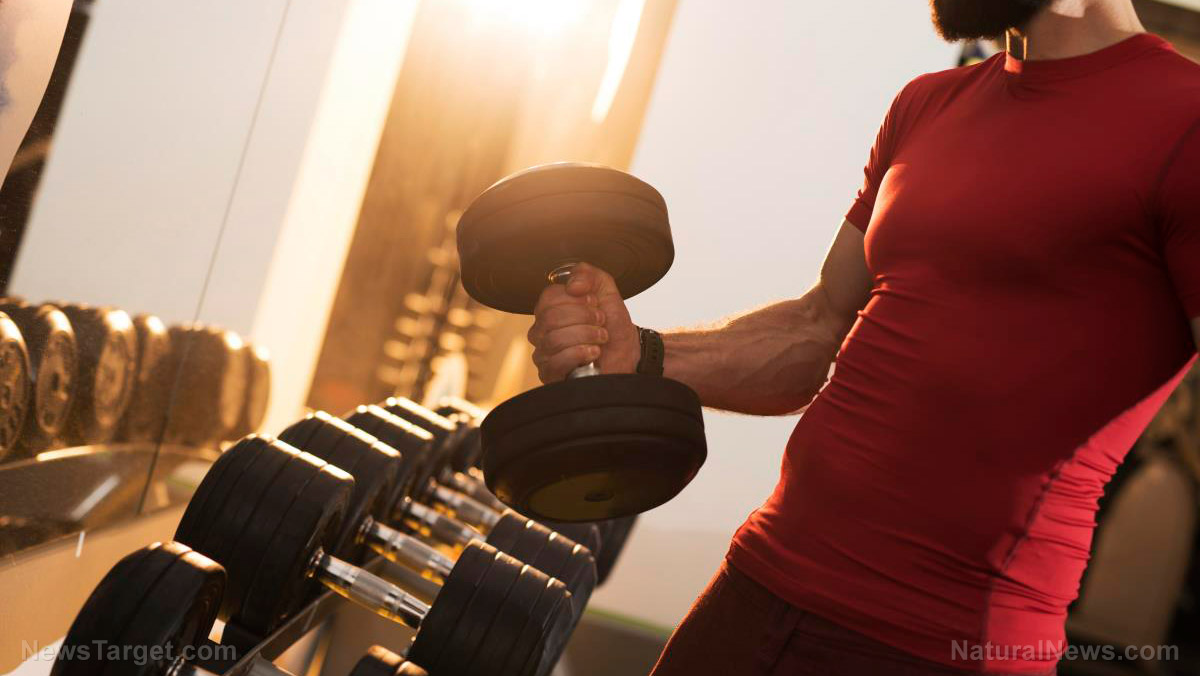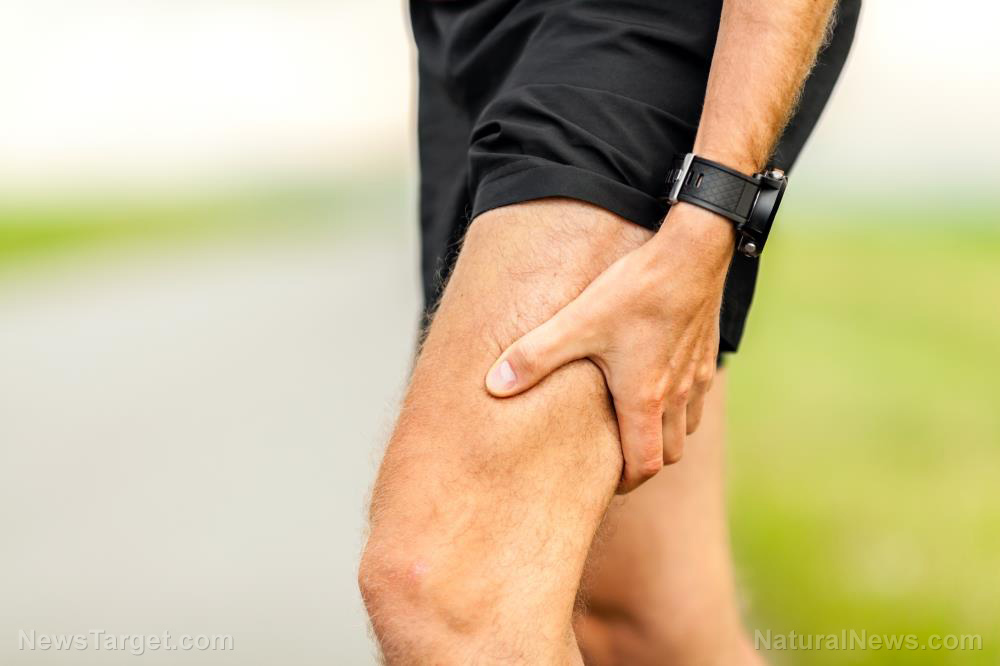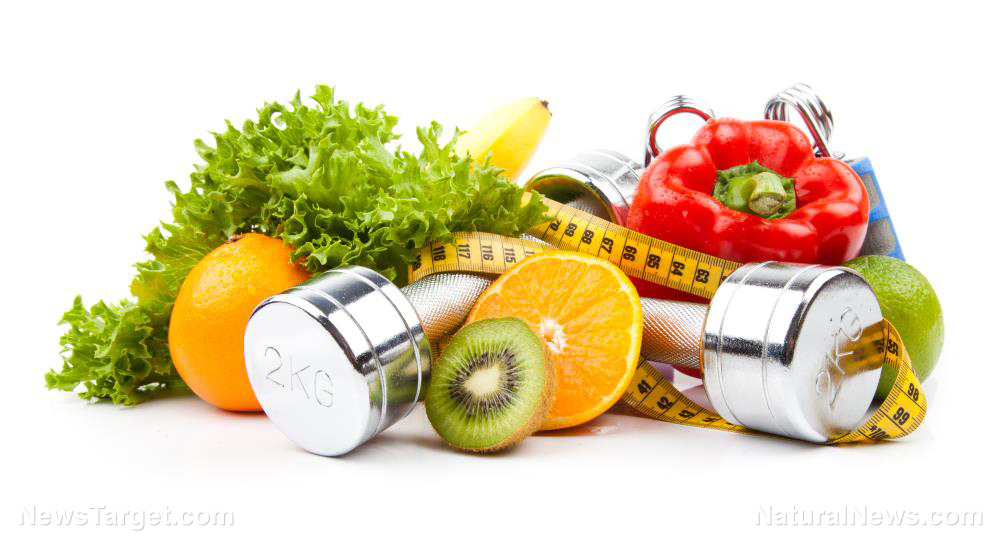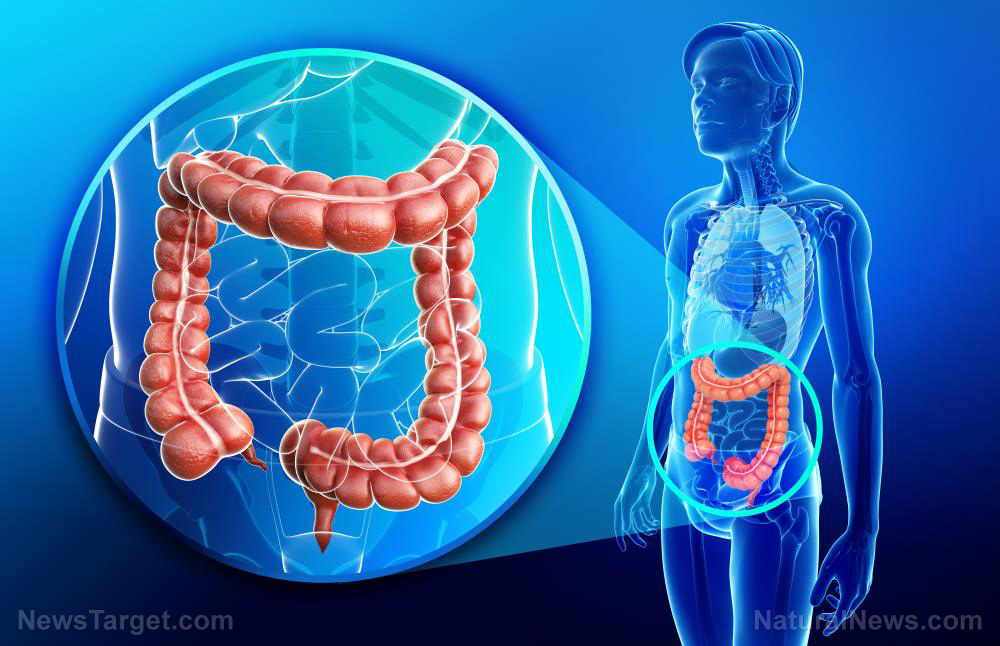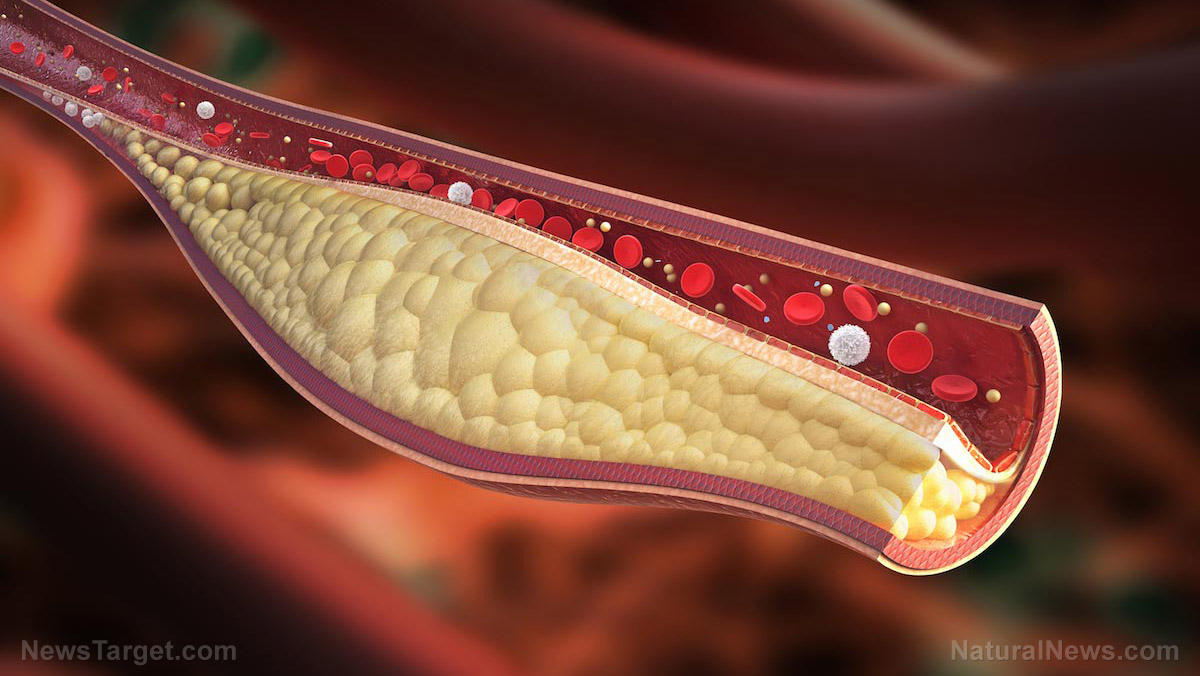Supplementation with modified quercetin promotes muscle growth in young athletes
08/19/2020 / By Virgilio Marin

A recent study published in the Journal of the International Society of Sports Nutrition found that a modified form of quercetin can increase muscle growth in young athletes. Quercetin is an antioxidant linked to many health benefits, including reducing the risk of Alzheimer’s disease.
Previous research hinted at the potential of this antioxidant in boosting muscle mass; however, it was conducted on mice. The findings of the current study show that quercetin supplementation can also work for human use, adding to the benefits of antioxidants on human health.
“To the best of our knowledge, this is the first report to show that antioxidants increase lower limb muscle mass, suppressing [oxidative] stress,” wrote the Japanese researchers.
Modified quercetin supplementation can increase muscle mass
Quercetin is a pigment that belongs to the group of plant compounds called flavonoids. Flavonoids are present in fruits, vegetables, grains, tea and wine. They are also linked to a host of health benefits such as reducing the risk of heart disease and cancer.
However, quercetin on its own has poor bioavailability, which means the body does not absorb it well. To increase absorption, many supplements combine quercetin with other compounds such as vitamin C or digestive enzymes.
In the study, researchers used an enzymatically modified isoquercetin or EMIQ to increase its bioavailability. Then they looked at its effects on body composition and the antioxidant status of 40 Japanese teenage athletes. The participants are all undergoing strong exercise training regularly.
The experiment group received 20 grams of whey protein powder mixed with 47 mg of EMIQ while the control group only had 20 grams of whey protein alone. Supplementation occurred six times a week for four months. No other supplements were taken by the athletes.
Upon measuring lower leg muscle mass before and after, the researchers found that the athletes on quercetin supplementation had increased muscle growth compared to the control group. They also observed that EMIQ quelled inflammation.
In explaining the results, the team speculated that it may have to do with the suppression of oxidative stress. EMIQ supplementation could have affected inflammatory markers as well as muscle fatigue and performance. Moreover, it might have elevated the endurance and work capacity of the athletes.
They also pointed to how quercetin can activate mitochondria biogenesis, as found by previous studies. This process refers to the creation of new mitochondria through fusion and fission, often resulting in an increase in mitochondrial mass. (Related: The importance of quercetin in muscle health.)
However, the researchers note that exercise habits can also be a factor. They concluded that future studies could explore how EMIQ supplementation works for people who exercise less frequently.
Quercetin: more benefits and sources
Aside from promoting muscle growth, quercetin is also beneficial to other aspects of health.
For one, it may ease allergy symptoms and reduce blood pressure levels. A review of related studies found that taking more than 500 mg of quercetin supplement daily substantially reduced blood pressure levels. Test-tube studies also observed that quercetin has a relaxing effect on the blood vessels.
Furthermore, experts link quercetin to a lower risk of chronic brain diseases due to its antioxidant properties. Mice studies showed how regular intake of the compound can reduce markers of Alzheimer’s disease and improve cognitive function. In fact, quercetin, not caffeine, is the primary compound in coffee that is responsible for the latter’s potential protective effects against Alzheimer’s.
It is thus important to nourish yourself with quercetin. Aside from supplements, it can be found in the following foods:
- Onions
- Shallots
- Cooked asparagus
- Cherries
- Tomatoes
- Red apples
- Red grapes
- Broccoli
- Kale
- Berries
- Green and black tea
Together with exercise, start building muscle mass and reduce disease risk with quercetin.
Learn more about the best food sources of quercetin at Nutrients.news.
Sources include:
Tagged Under: boost muscles, cardiovascular health, children's health, exercise, heart health, muscle growth, muscle health, nutrients, quercetin, sports, sports medicine, supplements
RECENT NEWS & ARTICLES
COPYRIGHT © 2017 MENS FITNESS FOCUS


